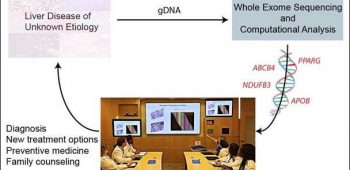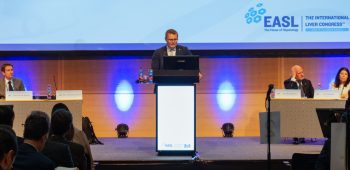Spirits industry afraid of their own ingredients?
The public health community is greatly disappointed about the SpiritsEurope approach to label their products. In our view, the European spirits industry refrains from informing consumers at the point of sale in…
Future of Continuing Medical Education
Scientific progress is constantly reshaping clinical practice. Therefore, it is crucial that medical professionals continuously adapt to novel and better approaches for patient management. A hugely important part of a doctor’s development…
Immediate EU action on non-communicable diseases could help save almost 2 million lives by 2025
The European Chronic Disease Alliance (ECDA), the European Public Health Alliance (EPHA) and the NCD Alliance publish a new joint paper “Towards an EU-Strategic Framework for the prevention of Non-communicable Diseases” concluding…
BioMed Alliance – Better Education Better Care
BioMed Alliance Members have produced a cartoon highlighting the importance of high-quality and unbiased continuing medical education for medical professionals. Medical professionals participate in continuing education to keep their knowledge up to…
Genetic analysis has potential to transform diagnosis and treatment of adults with liver disease of unknown cause
Whole-exome sequencing successfully diagnosed genetic cause of liver disease in one in four adults and could play a key role in timely diagnosis and treatment of adults with liver disease of unknown…
EASL General Assembly elects new Board and Committee members
The General Assembly of the European Association for the Study of the Liver (EASL) has elected new members to its Governing Board, various committees and a new Editor-In-Chief for its Journal of…
Experts warn of fatty liver disease in young people
New research, presented at the International Liver Congress™, warns that high levels of non-alcoholic fatty liver disease among young people is signalling a public health crisis. Excerpt from The Guardian Study finds…








